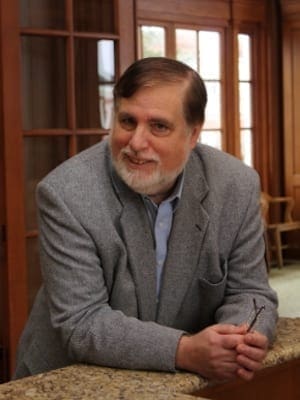First of two parts.
Among Christian institutions, experience abounds in recent years of unethical hiring practices and sometimes flagrant violations of accepted protocols and human rights. Faculty recruitment and hiring practices illustrate how little attention is often paid to biblical and theological principles or common behaviors anticipated in Christian communities.
Given the economic “bad times” of the last year, such violations have only added stress both to candidates and institutions. Let’s take a look at expectations and some realities from the institutional perspective.
Even in a poor economy, Christian schools hire hundreds of new candidates each year across North America. Like all institutions of higher education, Christian colleges, universities and theological seminaries enter the academic pools of available, qualified job-seekers to fill their faculty rosters. Employment in Christian institutions is as good, or better, in working conditions and benefits than in many state and provincial schools and private colleges.
Of late, Christian institutions constitute a highly competitive subset of the academic, professional job market. But, despite superficial attention to acceptable general institutional standards and conduct, behind the scenes in departments and administrations, insensitive, abusive, covert and even bizarre practices have been reported and experienced among Christian schools.
Normal ethical recruitment and hiring practices for accredited or recognized schools across North America would include administrative authorization to conduct a search, open advertisement of the position, a reasonable selection process and transparent hiring practices that reflect nondiscriminatory standards and some affinity with the unique character of every institution.
Canadian and U.S. immigration policies require priority attention to candidates within the respective countries. How important are these processes? Properly recruited and nurtured, the faculty persons so hired may likely become permanent members of the community, achieving tenure after a stated period.
The ethics of human rights enter the employment picture when one takes into account any practice or policy that discriminates against a candidate on the basis of age, gender, race or ethnicity. Serious problems can surface here.
There are schools that tacitly acknowledge nondiscriminatory practices, yet ensure that only candidates that fit their undeclared criteria are successful. This happens through creating position descriptions that are inherently discriminatory, or a selection process that weeds out “undesirable” candidates, or worse, running processes that attempt to subvert the law or basic Christian principles by relying upon clauses in human rights legislation or employment law that exempt religious institutions from certain public policies and legislation.
Among noteworthy egregious violations are instances where smaller Christian schools, working on advice from the many “employment consultants” in the Christian community, secure the services of a personnel recruiter (headhunter) who is either ignorant of, or insensitive to, the character of the institution.
His or her advice to potential candidates can be way off the mark and either discourage worthy persons or unduly encourage “inside” candidates in the process. Such resource persons can do great long-term harm to the institution and can be very costly as well. (Their fees can be based upon the salary of the CEO they are recruiting.)
Another common occurrence is the “insider” phenomenon. In this situation, there is a formal recruitment of candidates in a formal process that may even lead to seemingly final interviews and “short-listing.” At the same time, however, power-brokers in the search committee or governing body have a favored candidate in mind who they wish to appoint. This candidate usually emerges late in the process and sweeps aside other “due-processed” candidates.
This can also work prejudicially against a candidate in other ways where a single member of a committee can “kill” a candidate through innuendo or impression, protected by a screen of confidentiality.
When religious schools often use terminology of a “call” to characterize their search processes, it’s hard to justify such unethical behavior that results in a final selection of someone referred to as “God’s person.”
William H. Brackney is the Millard R. Cherry Distinguished Professor of Christian Theology and Ethics at Acadia University and Acadia Divinity College in Nova Scotia.
Part Two: Getting Schooled: Applicants Deserve Ethical Treatment

